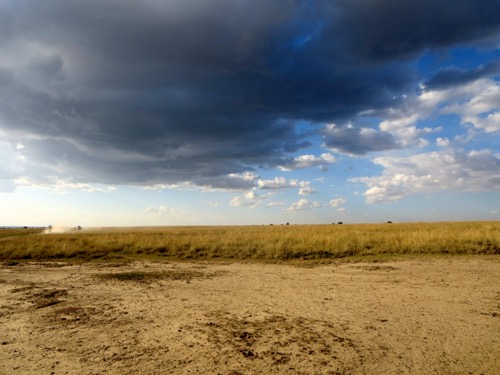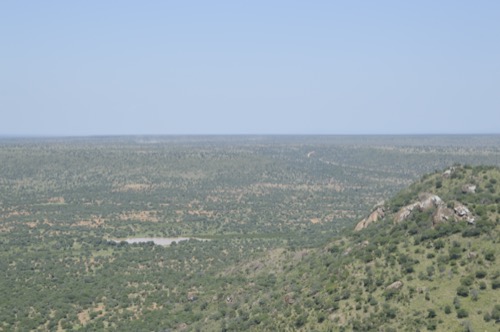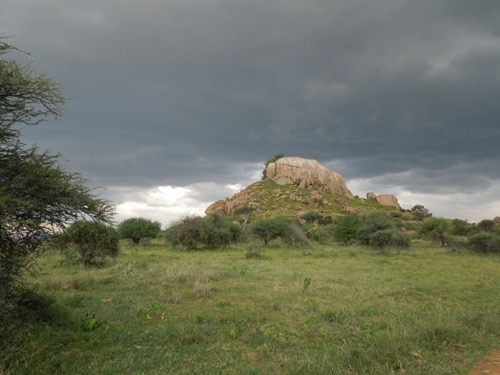Outreach
Kenya
Mpala Research Centre and Conservancy (MRCC)
Ecosystem conservation forms the core of Mpala's institutional mission, warranted by the dire environmental and human consequences of failing to secure the integrity of the Ewaso Ecosystem. Accordingly, institutional research activities focus on, and are intended to resolve, conservation and natural resource management issues at the ecosystem level. Ten years after its inception, MRCC has advanced a long way towards these goals. Situated in the center of the Laikipia ecosystem, MRCC is also an ideal place for individual investigators to carry out ‘curiosity’ driven research on a wide-range of important biological problems. My research on the social dynamics and movement ecology of zebras has provided fundamental insights into what determines group structure, mating strategies, reproductive and life-history patterns and individual roles in leadership and dominance. Application of many of these insights also supports MRCC’s institutional mission by improving human livelihoods while conserving wildlife. At MRCC the distinction between ‘pure’ and ‘applied’ research is blurred with good effect.
Northern Kenya Conservation Clubs
Awareness about the value of wildlife on pastoral lands can be enhanced by enriching the educational experience of children living in pastoral communities. The communities themselves noted that more environmental and conservation knowledge needed to be added to the curriculum and workshops with community teachers and parents established what topics should be covered and led to school teachers receiving training in basic ecology and conservation. A curriculum guide based on experiential learning was developed by a team made up of zoo education officers, the Lewa and Northern Rangelands Trust education officers, Professors Rubenstein and Shem Mwasi (Moi University, Kenya) and teachers and administrators from Kenya schools for newly created ‘Northern Kenya Conservation Clubs', whose members are children who will become the stewards of wildlife in the region for generations to come. An article by Nancy Rubenstein describing the club and it's activities appeared in the Febuary 2009 Laikipia Wildlife Forum newletter.
Community Scout Grevy's Zebra Project
This program was initiated in 2003 by Princeton University and the Lewa Wildlife Conservancy, with funding from Saint Louis Zoo and technical support from Prof. Rubenstein and Belinda Low (Director, Grevy’s Zebra Trust). The project is build around community scouts gathering fundamental data on the behavior and locations of the endangered Grevy's zebra in relation to human activities. Scouts were given training in the use of GPS systems and notebooks containing check sheets to record weather, landscape, other animals, which Grevy's were present (males, lactating females, non-lactating females, etc.) and what they were doing. Not only do scouts derive direct financial benefits from learning about wildlife, indirect benefits accrue to all segments of the community when the analysis of their data are presented at community gatherings and to school children and their teachers in pastoral classrooms. Engagement and empowerment lead to effective partnerships that enhance livelihoods and conserve wildlife.
Princeton University
- Program in African Studies (Executive Committee)
- Program in Gender and Sexuality Studies (Associated Faculty)
- Program in Teacher Preparation(Member of Faculty Committee)
- High Meadows Environmental Institute (Associated Faculty)
New Jersey
Friends of Hopewell Valley Open Space (member of the Board of Trustees)
Friends of Hopewell Valley Open Space is a nonprofit land trust that is dedicated to preserving the Valley's character though open space and farmland preservation, and natural resource protection. Since our inception in 1987, they have partnered with landowners, government and nonprofit organizations to preserve over 3,700 acres of open space and farmland.











